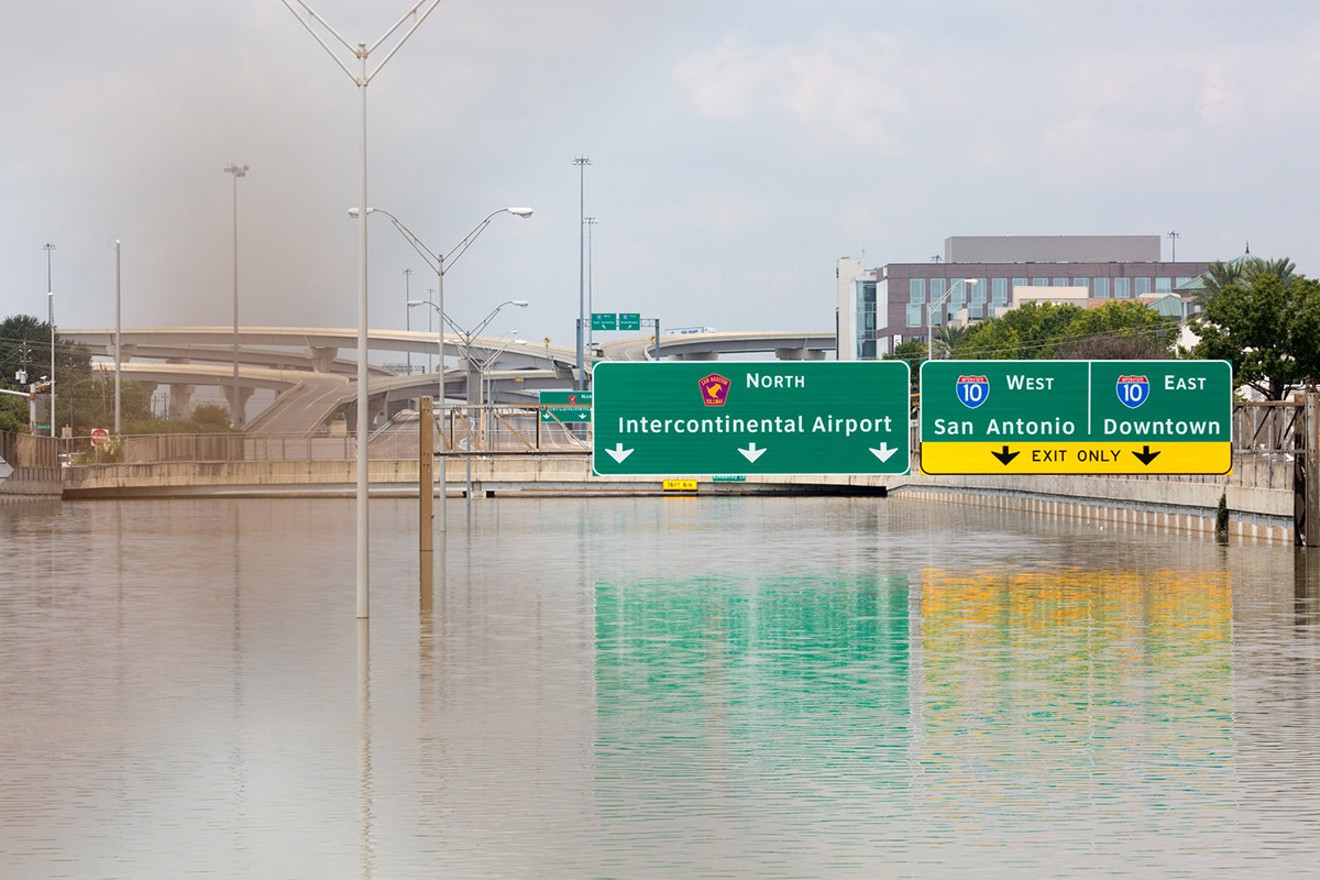Those upstream of the dams are seeking compensation because the government for ten days stored 380,000 acre-feet of Tropical Storm Harvey's stormwater in the reservoirs, which includes private lands, leading to loss of homes and property. Those downstream of the dams are seeking compensation because their properties experienced little to no flooding until the floodgates of the reservoirs were opened by the U.S. Army Corps of Engineers.
Being sued is the United States of America, including the U.S. Army Corps of Engineers and government agencies working under the auspices of the federal government. The government's response to the allegations includes the statement that, "The United States denies that it took Plaintiffs' property in violation of the Fifth Amendment."
Trials for a few upstream claims are set for the end of February and for downstream claims in April, with the test cases of selected property owners serving as a reference point for the larger body of claims. This is moving through the courts faster than cases from Hurricane Katrina, which are still being litigated 13 years after the fact.
Several government witnesses from the U.S. Army Corps of Engineers were recently deposed, including Robert Thomas, chief of engineering, construction division; Richard Long, the natural resource manager; and Paula Johnson-Muic, land acquisition specialist. According to Jack E. McGehee of McGehee, Chang, Landgraf, one of the attorneys in charge of downstream individual claims, those depositions revealed that the actions of the Corps were consistent with procedures outlined in the agency's Water Control Manual.
"If Harvey repeats itself, the same decisions will be made," says McGehee. "The government’s claims that the event was an unexpected 'Act of God' and an 'Emergency' were weakened."

For those living upstream and behind Addicks and Barker Reservoirs, the complaint is that the government stored water on their property for ten days, and it's time pay up.
Daniel Charest, partner with Burns Charest LLP and one of the attorneys handling the upstream cases, says that the 14 test cases were selected from a pool of hundreds of cases that includes homeowners' associations, an airport and residential properties.
"Right now they're all individual cases and the plan is to convert them to a class case," says Charest. "Assuming we win then people can then opt into the class for the purpose of liability. The next phase will be establishing damages individually or through the class.
"I can tell you that having been in close contact with a lot of our current clients, the impact of the storm continues to be felt day to day. [We have clients who] still have to pay their mortgages; there are people trying to foreclose on them.
"Some people had savings, but some people didn’t have savings. I’ve got clients living in RVs on somebody’s lot; they have nothing left," says Charest. "Every time I speak to the court, we urge speed and resolution that will benefit the people. It doesn’t seem like it’s going fast but it’s really going fast."
Attorneys are seeking compensation for property, lost furnishings, vehicles, the depreciated market value of the property, accrued interest and temporary housing. In the event of a win, there would be federal offsets to repay the government for flood insurance. And, depending on the terms negotiated with each legal team, there will be legal expenses and contingency fees.
It's not too late to retain legal representation; everybody has six years from the time of injury to file a claim in federal court. Each attorney has a different fee structure; it's important to find out if those fees include expenses and whether attorneys will be taking a fee out of the offsets (the amount of money that must be returned to the government).
When hiring an attorney, homeowners will be asked to prove that they own the property and that they were flooded. Photographs of property and possessions from before and after the flood should be archived and preserved.
According to a 2015 report by the Congressional Research Service, a majority of takings cases heard by the Supreme Court between 2000 and 2005 were decided in favor of the government, while more recent claims (2012-2015) favored property owners.







